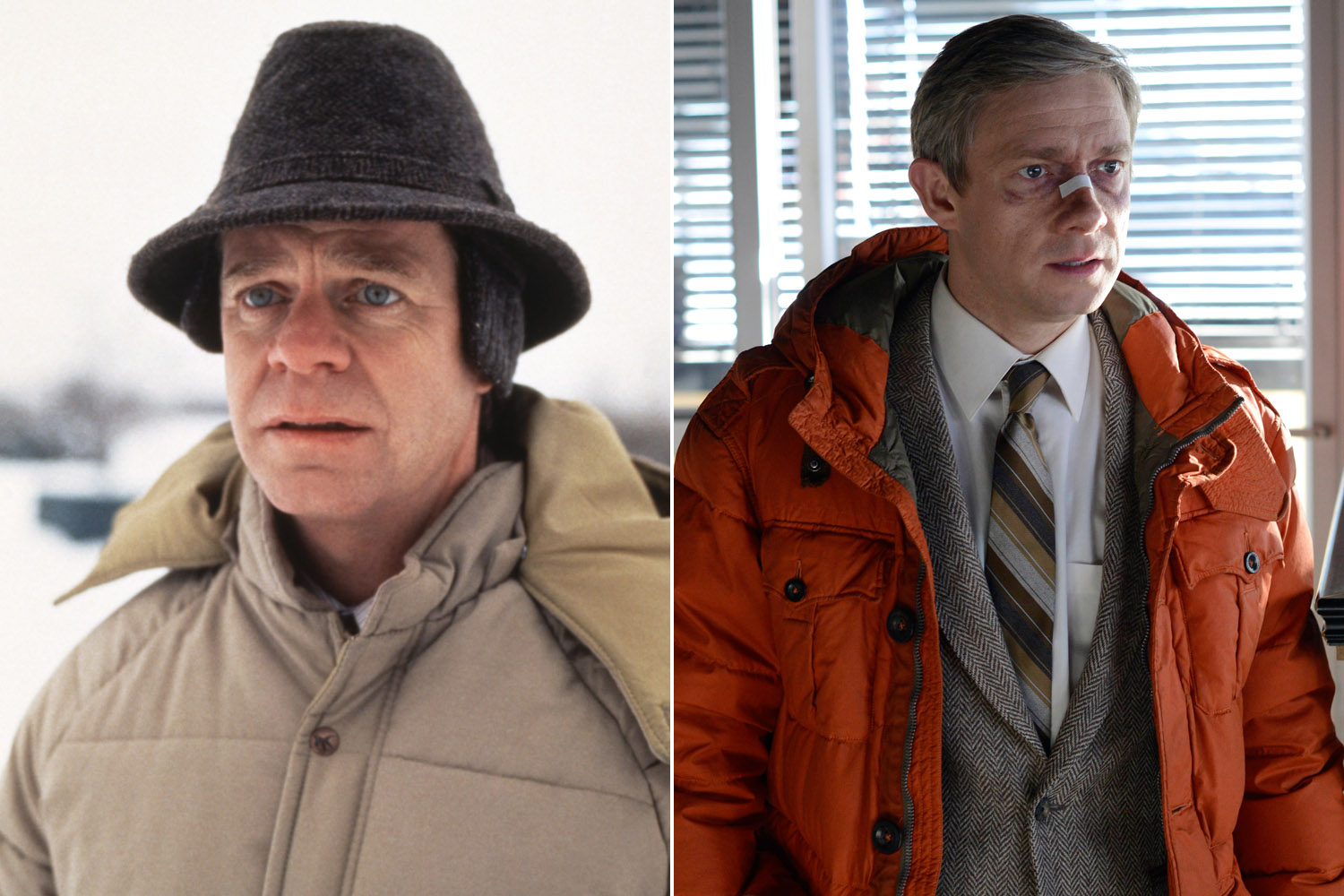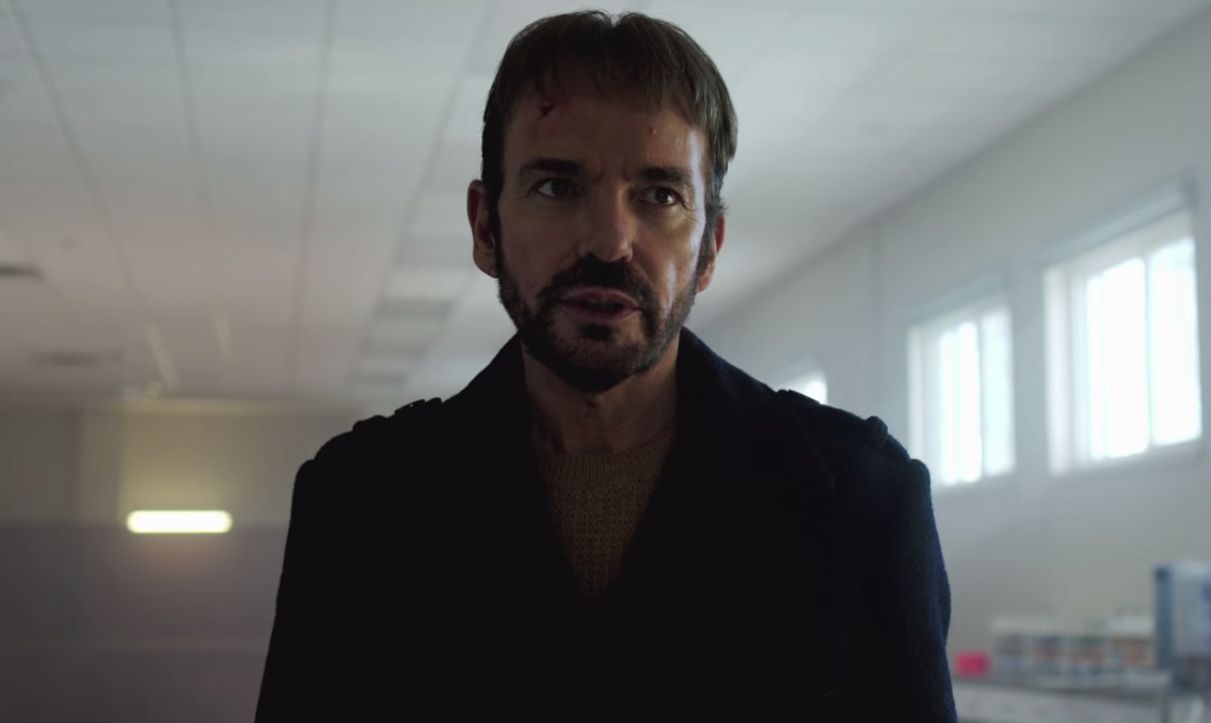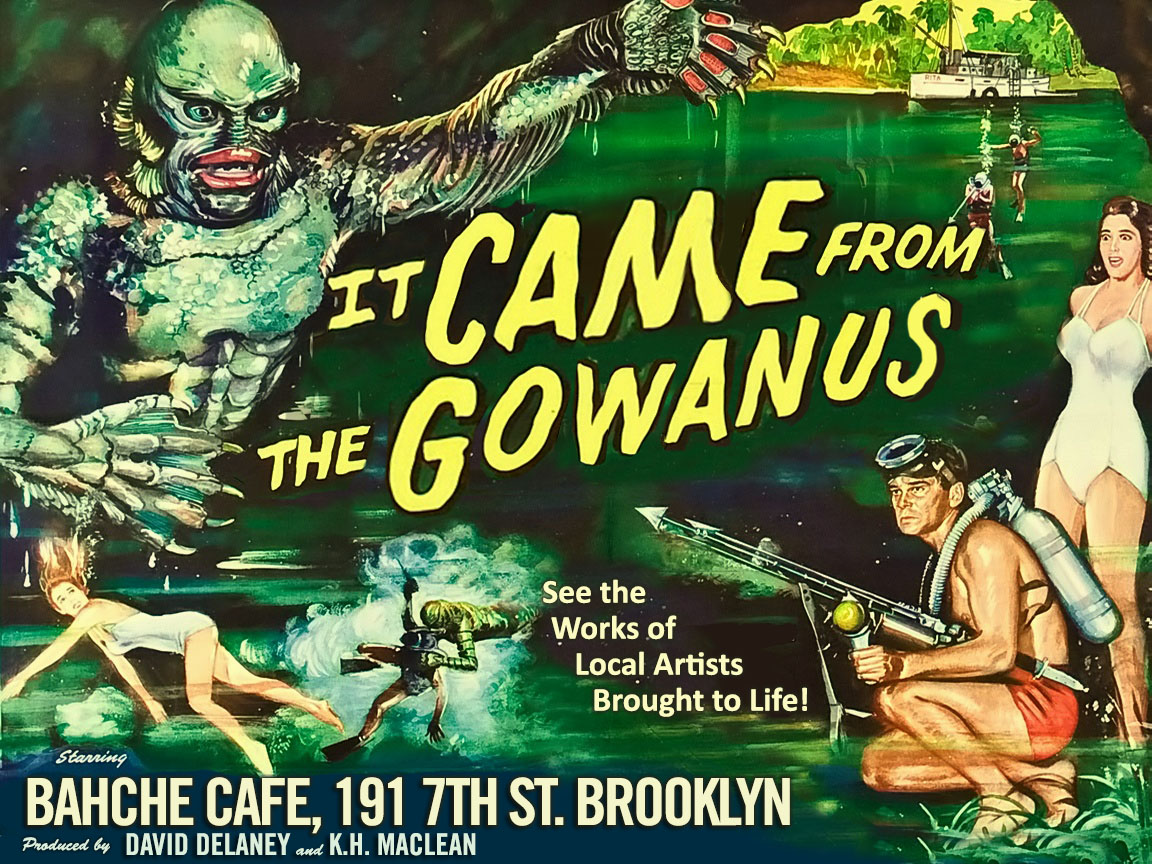Fargo: Exactly Half a Great Show, But Still a Failure
 K.H. MacLean |
K.H. MacLean |  Thursday, June 26, 2014 at 10:00AM
Thursday, June 26, 2014 at 10:00AM 
Roger Ebert called Fargo 1996 a "quirky, infectious American Masterpiece". He does not exaggerate. Fargo (which shall heretofore be differentiated from the television series "Fargo" by it's usage of italics) was an expertly crafted and original telling of a very complex story, lush with memorable characters, stunning camera work and a haunting score.
"Fargo" also suceeds in a lot of these areas.
"Fargo" was beautifully shot, used a similarly haunting score, had atmostphere to spare, moments of quirky brilliance and featured exceptional performances in both leading and supporting roles. Where "Fargo" failed, utterly and completely, was two fold: in its efforts to tell an original and complex story and then bring that story together in an interesting way.
 The film and show share many similarities and the show "Fargo" does a magnificent job of weaving these references into it's world.
The film and show share many similarities and the show "Fargo" does a magnificent job of weaving these references into it's world.
The storytelling wasn't completely inept. The show particularly excelled at using tie-ins from the film and subvert audience expectations by zigging when the film zagged. Case in point: Oliver Platt's character, Stravos Milos, attempts to exit a parking garage shortly after entering and encounters a dutiful toll booth operator insisting that he pay the fee anyway. In the film, Steve Buscemi's character faces a nearly identical dilemma and begrudgingly pays the operator (before murdering him in a later scene). While the audience expects fan service and events to repeat themselves, Milos demands the operator to release him by the will of God and the operator obliges, allowing Milos to leave free of charge.
In moments like that one, the story thrived. Little scenes around the edges that gave depth and meaning to the world. Unfortuantely, the writers could never bring this deft touch to the forefront of the story.
The writers of "Fargo" new that they wanted to make a complex story, too bad they didn't how to construct one. Too many times while watching "Fargo" you have to ask yourself, "why", "how", "who", "What"? Where some threads are needlessly convoluted, others ramble on before dissolving into nothing, still others are so absurd they bring the bounds of belief for the audience to the extreme.
There is one especially bizzare sequence in which the devilsh villain, Lorne Malvo (Billy Bob Thornton), executes an incredibly elaborate blackmail plot against Stravos Milos culminating in Malvo betraying his dimwitted partner (Glenn Howerton) in order to distract police. How does he do this, you ask?
Well, Malvo, (after having his partner make a phone call that Malvo could have made himself) first renders his partner unconscious then bounds and gags him to a workout device facing the front door of their hideout and forces an unloaded shotgun into his hands. Malvo then rigs up an assault rifle in the window and fires it several times attracting a large police force. Malvo has already fled by the time they arrive, but took the extra time before doing so to place a trip wire in the front yard to trigger more rounds from the assault rifle when the police approach. This, of course, ends with the police breaching the hideout and gunning down the bound and helpless partner. Confused? It isn't much more comprehensible when you watch it.
Why didn't Malvo just kill the partner in the house, shoot the gun into the street a few times, then leave? The result would have been exactly the same and it would have taken a fraction of the time. Did he actually think the police would be so stupid as to believe a man bound and gagged holding an empty shotgun was the same person firing an assault rifle moments earlier? What the hell was the point of that whole scene? Well, it was to make thinks complex, or so the writers would say.
 Lorne Malvo, a great character, but ultimately wasted.
Lorne Malvo, a great character, but ultimately wasted.
The entire blackmail plot between Malvo and Milos is poorly executed. It's beginnings are promising, using one of the great MacGuffins of film history: the lost money from Fargo, as a central tool to both Milos' character and Malvo's exploitation of him, but the story sputters and is dropped uncermoniously two thirds of the way through the season. The build-up is well done at times, but the climax is non-existent and ends with Malvo either giving up on or forgetting about the money (unless his intention was for Milos to bury the money all along, which I'll touch on later) and Milos crying in the street. Tragically, the audience scarcely cares as we never know why anything is happening and the central plot with Martin Freeman is far more interesting. Truth be told, it was difficult to realize what a disaster this side plot was because I had forgotten about it not five minutes after its conclusion.
From there the story only becomes more absurd and, whats worse, predictable.
There's an utterly ridiculous sequence in which central character and William H. Macy doppleganger, Lester Nygaard (Martin Freeman), sneaks out of a hospital (while under guard) and spends several hours going around town in a stolen vehicle framing his brother for a murder he himself committed and is able to return with no one the wiser.
Potentially fascinating characters are thrown into the fray as straw men, simply awaiting their turn to be killed off. Not a single recurring character on this show that is introduced after the first episode has any sort of rewarding payoff. It becomes painfully obvious, very quickly, that every character serves as fodder for the convoluted story. Rather than using these character as gears in a grand machine, "Fargo" relagates them to ride an assembly line uselessly on their way to an incinerator.
In the scene in which Nygaard's second wife is killed, it was so obvious what was coming I was actually expecting it NOT to happen. Of course, it did, and I sighed a sigh of exhaustion.
Many folks complained about the finale of the series, for taking what they perceived to be an overly violent turn (probably they were just disappointed fan favorites Key and Peele were killed, which was always going to happen). I didn't find the finale to be disappointing because it was violent, I was disappointed because it was completely unnecessary. Everything happened exactly as it seemed it would. There were no real surprises, no twists, to great "aha" moments or rewarding payoffs.
The episode opened with the image of a knocked over snowmobile near a whole in a lake of ice. As soon as you see Martin Freeman on that snowmobile in the final minutes you know: he is gonna fall in the ice. And it all plays out so predictably you don't even need to watch.
It really is a shame, because the things that worked in "Fargo" worked so well. It really was a great looking show. It really did have fantastic performances. The character of Malvo was one that would have been among the greatest in recent televion history, but it too ended a missed opportunity.
Malvo was more than just a sociopath or heartless killer. He was sinister. There was something in his character that was quite literally, demonic. A stroke straight out of the very best pages of the Cohen brother's playbook. From his seemingly supernatural escape from Nygaard's house to his biblical musings in conversation, Malvo often seems more than what he appears. Some of the best things the show does are with this metaphor of evil and personifying it through Malvo.
 The image of the lone wolf and Malvo are often used together in the show.
The image of the lone wolf and Malvo are often used together in the show.
Maybe he was something more. Maybe he did mean for Milos to return the money to the wilderness where he discovered it as some sort of payment to God. I'd like to believe that, but I can't, because there is simply too much left unexplained. We don't know why Malvo is after Milos in the first place, we don't know what his end game is, we don't even know that he knows about the lost money.
Malvo as something more than just a terrible human being is a compelling idea, and one that the show decorates the edges of the frame with tremendous precision. But that's where it stays, and with it is never brought front and center the audience is forced to accept that it was never meant to be front and center.
In what was probably the greatest scene of the entire season, Malvo sits down for a piece of pie and some very tense double talk with a sherrif turned diner owner (Keith Carradine). The scene features Thronton at his wicked best delicately trading barbs with Carradine as he tries futiley to extract information from him. As Thornton gives up and leaves he drops the gem of a quote "I haven't had pie like that since the Garden of Eden."
It was that kind of tense, atmospheric scene on the edge of the story that supplied the juice that made "Fargo" run. If only the writers had been able to bring those edges into the center "Fargo" might have been the show it deserved to be, instead of the terrible disappointment that it was.
 Post a Comment | in
Post a Comment | in  Overrated,
Overrated,  TV
TV  FX,
FX,  Fargo,
Fargo,  KH MacLean,
KH MacLean,  TV |
TV | 








Reader Comments